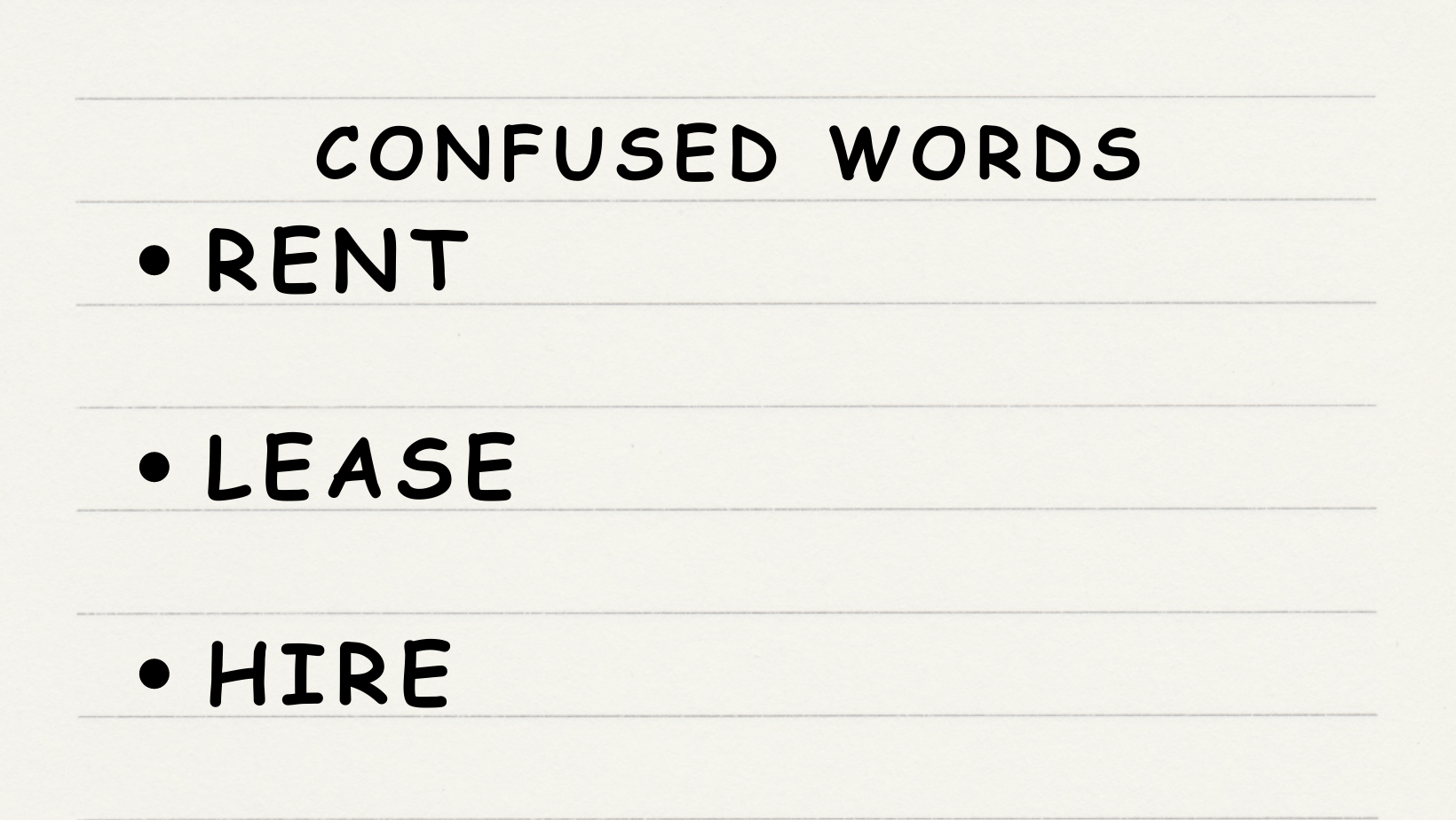
Hello, class! Let’s delve into another fascinating English language topic: understanding the difference between all right and alright. These words may look and sound similar, but they have different applications.
All right
All right (IPA: /ɔːl raɪt/) is a term used to affirm that everything is correct, satisfactory or safe.
Here are 5 examples of its usage:
- Is everything all right? (Is everything okay?)
- I checked the calculations; they are all right. (I checked the calculations; they are correct)
- After a long flight, we arrived home all right. (After a long flight, we arrived home safely)
- The doctor said that her health is all right. (The doctor confirmed her health is satisfactory)
- Your answers are all right; you’ve passed the test. (Your answers are correct; you’ve passed the test)
Alright
Alright (IPA: /ɔːlˈraɪt/) is a more casual, modern contraction of “all right”, often used in informal writing or speech. It generally means okay or satisfactory.
Here are 5 examples:
- She said she’s alright after the fall. (She said she’s okay after the fall)
- The movie was alright, but I’ve seen better. (The movie was okay, but I’ve seen better)
- Are you feeling alright? (Are you feeling okay?)
- The performance was alright; it wasn’t the best. (The performance was okay; it wasn’t the best)
- I’m alright with whatever you decide. (I’m okay with whatever you decide)
Conclusion
While all right and alright are often used interchangeably in casual conversation, in more formal writing it’s generally preferred to use all right. Keep in mind, alright is often viewed as less formal. Now you know the difference!


